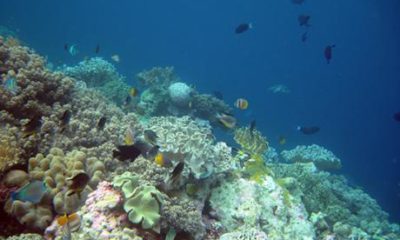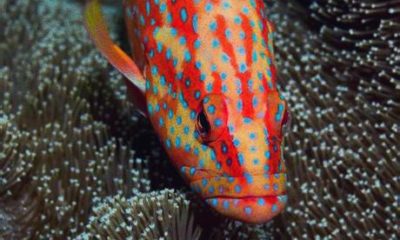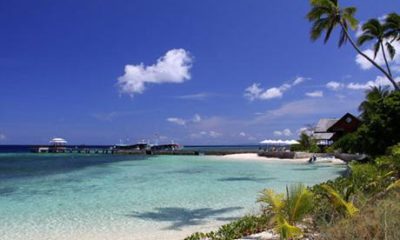Wakatobi was created with the vision to deliver the ultimate dive experience and was established following an extensive search to identify the perfect location for a dive resort in terms of geography, climate, oceanic topography and marine biodiversity.
To ensure its future we then created one of the world’s largest privately protected marine reserves. That gives you some idea of the extent to which we will go and the attention to detail that goes into every aspect of the Wakatobi experience.
Wakatobi National Park is located south-east of Sulawesi, between the Banda Sea to the north-east and the Flores Sea to the south-west.
It is the third largest marine park in Indonesia.

Wakatobi (also called the tukang besi) in Southeast Sulawesi
This archipelago is named after its four main islands: Wangi Wangi, Kaledupa, Tomea, and Binongko. Here you’ll experience great wall diving, unparalleled diversity of marine life and the healthiest reefs in the Sulawesi region.
On any given day look for mimic octopus, devil scorpion fish, stonefish, ribbon eels, “disco clams”, and many other fascinating critters. Night dives are breathtaking. Entire walls burst into vivid colors as nocturnal tubastrea and soft corals “bloom.” And the diversity of invertebrates such as crustaceans, nudibranchs and mollusks is bewildering. Caribbean divers will sit staring at their logbooks after each dive, not knowing where to begin.
Having identified the premier location, we developed a resort that, despite its remote position, offers a plenitude of facilities and comforts to make a dive trip, and all that surrounds it, an experience that you will cherish.
Wakatobi is located at the world’s epicentre of coral reef biodiversity. This means that while diving at Wakatobi you can see the greatest variety and diversity of marine life. New and undocumented species continue to be discovered at Wakatobi.




